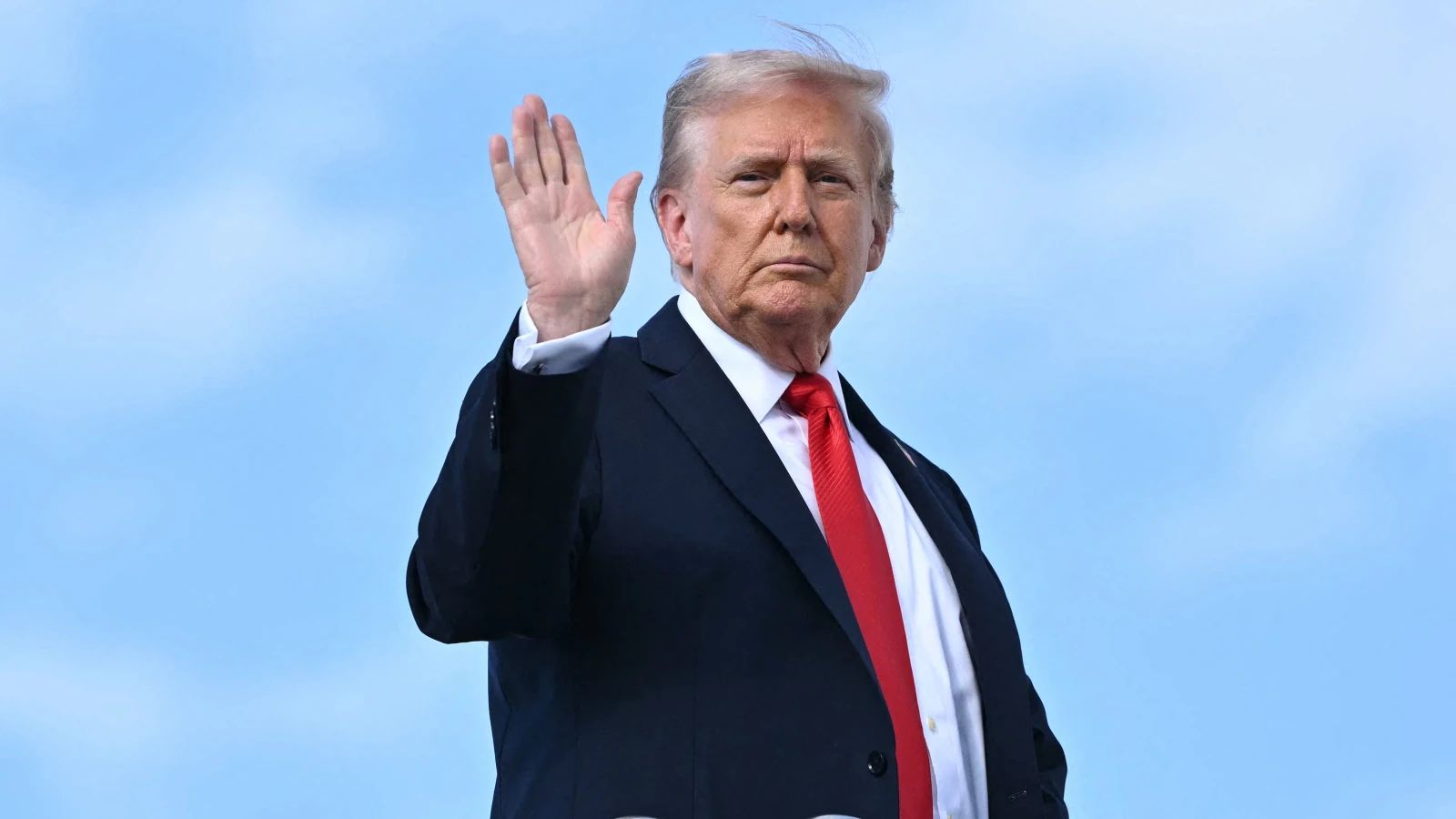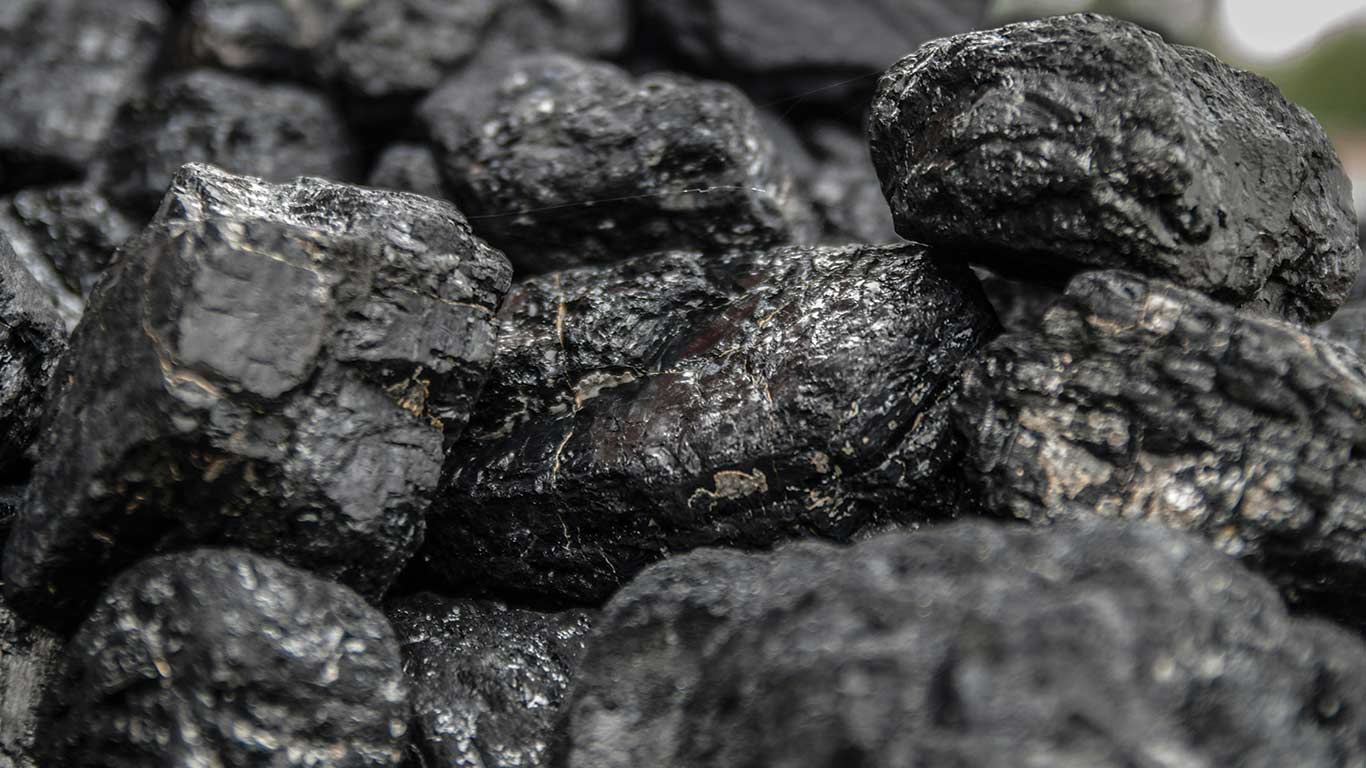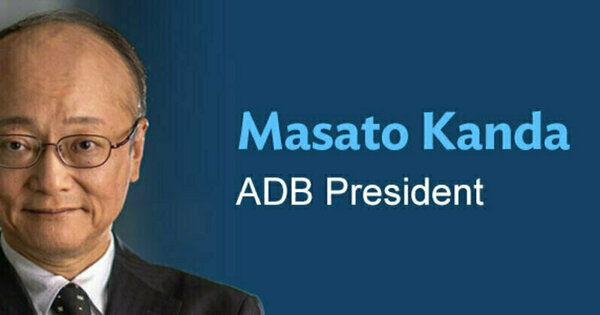By News18,Reshmi Dasgupta
Copyright news18

It is heartening to note that even in Labour-run Britain there is a tacit recognition of the soft power of crown and ermine even if democracy is the touchstone. That the British have pulled out all the stops to give a right royal welcome to Donald Trump—arguably the most Anglophile US President in recent memory—is proof of this acknowledgement. Pomp and ceremony, carriages and banquets, castles and heraldry, everything that no one does better than the British.
Prime Minister Sir Keir Starmer had famously spiked Trump’s guns ahead of crunch talks on trade, Ukraine and much else in February by presenting him with a personal invitation from King Charles III to visit the UK, to underline the two nations’ “special relationship”. A second State Visit by the same US President was unheard of: even Barack Obama, who won a Nobel Prize could not score that second trip to the UK. Trump’s case, of course, is just the opposite.
Even so, the fact that Trump readily accepted the invitation despite probably knowing the reason behind it, proves the attraction of British royalty. None of the other blue bloods around the world from Belgium to Brunei have quite the same aura and the glamour, especially in the eyes of Americans. Although they were the first to throw off the British yoke back in 1776, culturally the ties remain strong, and gives the UK a secret weapon when dealing with the US.
And that weapon is the House of Windsor. No wonder all the action of the Trump visit is centred on the historic castle just outside London whose name the current British dynasty bears. There is no better way to assert the history and legacy of Albion upon Americans than via castles and kings, titles and tiaras, complete with plummy accents (none of those flat Estuary tones), Savile Row tailoring and signet rings, if not an ermine cape and an honorary knighthoods.
Interestingly, all “ambassadors to the Court of St James”—the arcane designation of foreign envoys accredited to the UK—are ceremonially driven in a horse-drawn carriage to an “audience” with the monarch to present their credentials. In any other country, this would be considered cheesy and more than a little anachronistic. But it all seems perfectly normal in the UK as it has hard-sold the story of its royal legacy so well that a time-warp is part of the lure.
Arguably, Anglophilia has been steadily declining in many countries—including in India where the language itself is now on the backfoot. But that is not the case in the US. And while some aspects of Anglophilia may be beyond resuscitation, the fascination for British royalty and everything associated with them, from palaces to picture perfect princesses coupled with plenty of nostalgia, still has formidable drawing power. The Windsors are undoubtedly Britain’s USP.
Prince Harry and his wife Meghan constantly referencing their royal links to set themselves apart from other celebrities is the prime proof of the enduring cachet of the British royals. Even if they are not allowed to use the “His/Her Royal Highness” titles, they have tried to recreate and perpetuate that Windsor mystique (though they call themselves Sussex) in the US by allowing only curated glimpses of their lives to cash in on the US appetite for “royal” news.
Trump was in the UK (Scotland) just eight weeks ago Scotland for a golfing visit; his vice president JD Vance also took his family on holiday there in the summer with activities that included going fishing with the then UK Foreign Secretary David Lammy and staying in an 18th-century stately home in the Cotswolds. And back in April Vance had gone as far as to say, “There’s a real cultural affinity. And, of course, fundamentally, America is an Anglo country.”
Vance also reaffirmed what Trump, with family roots in Scotland, is open about: “The president really loves the UK. He loved the Queen. He admires and loves the King. It is a very important relationship.” That longstanding love for the UK may keep Trump’s mercurial emotions in check even if the UK falls short of his expectations business-wise. If the Windsors bedazzle him and sate his appetite for royal attention, the UK may well benefit from his benevolence.
The Trump State Visit—including why and how it happened—should be a wake-up call for Prince William, who seems hellbent on watering down the mystique and protocol of the monarchy when he becomes King, under the mistaken impression that simplicity is what “modern” Britain needs. Making the Windsors carbon copies of the anodyne royal houses of Europe would be damaging, particularly for tourism, the mainstay of the flagging UK economy.
It was brilliant of Margaret Thatcher to hit upon promoting the grand panoply of British history to counter the disintegration of the mining and manufacturing-dominated economy in the 1980s. As Julian Barnes’ character Sir Jack Pitman puts it in the 1998 satirical novel England, England, “This isn’t self-pity, this is the strength of our position, our glory, our product placement. We are the new pioneers. We must sell our past to other nations as their future!”
And that “glory” depends a lot on the glitter of the British royal family, making them key components in the British economy, apart from being what has been described as “celebrity diplomats”. Dispensing with the pomp and circumstance of royalty would also take the sheen off countless palaces, castles and stately homes that depend on hordes of crown-struck American tourists. The knock-on effects of such a deglamorization move would be disastrous.
There will be sneering in the media and social media about Windsor Castle being turned into a Royal Theme Park for the VVIP American guests but the British hosts, royal and official, have to keep their eye on the goal—keeping Trump on their side for mutual benefit. And Prince William would do well to take a few pointers from his father on putting duty towards Britain over personal concerns and reservations, and doing so with regal grace and good humour.
The author is a freelance writer. Views expressed in the above piece are personal and solely those of the author. They do not necessarily reflect News18’s views.



